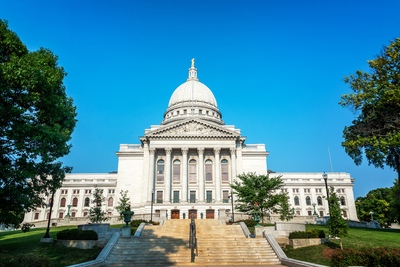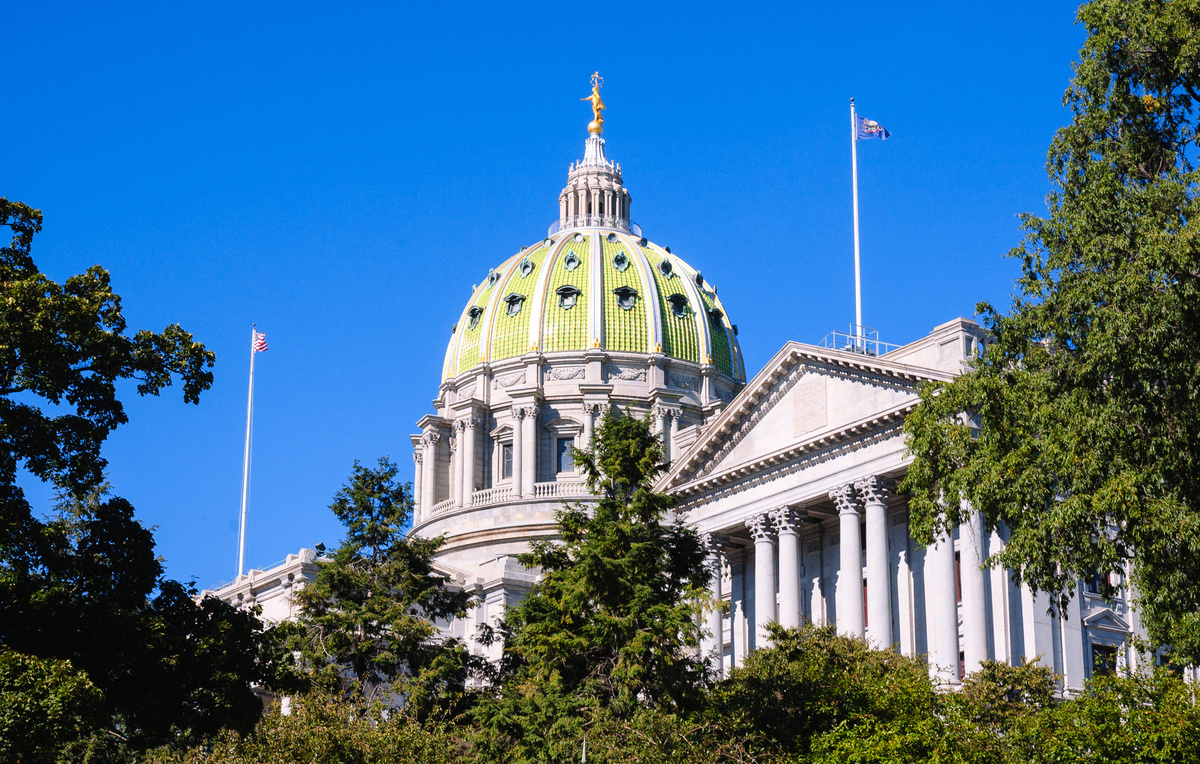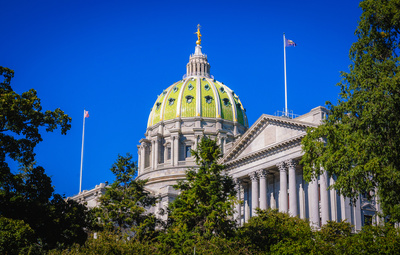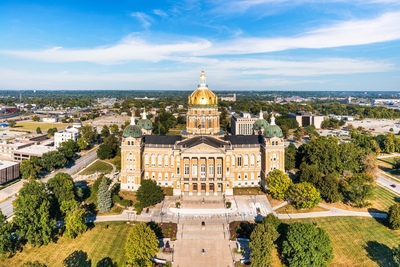
Elections & Campaigns
2026 State Elections Could Reshape Trifecta Control (States to Watch)
February 5, 2026 | Bill Kramer
October 17, 2025 | Sandy Dornsife

Key Takeaways:
Earlier this year, Wisconsin held a Supreme Court election that caught national attention and became the most expensive judicial election in the history of the country. Almost $100 million was spent by candidates and political committees, including numerous entities and individuals from outside of the state. This surge of attention to what has traditionally remained an internal state matter highlights the increased recognition of the important role that courts play in the success of legislative agendas. This new trend of national interest in state court elections appears to be continuing with the upcoming Pennsylvania Supreme Court elections in November.
The current Pennsylvania Supreme Court consists of a 5-2 liberal majority split; however, three of the court’s Democratic justices are up for a retention vote this November.
Pennsylvania Supreme Court Justices are elected for 10 year terms through partisan elections. At the end of these terms, retention elections are held to determine whether or not the justices will serve another term. Justices Christine Donohue, Kevin Dougherty, and David Wecht were all elected in 2015, and if their retention is rejected in November, a partisan election for the open positions would be held in 2027.
In the interim, the Democratic Governor Josh Shapiro is permitted to appoint temporary replacements; however, the appointments would have to be approved by a two-thirds majority of the Republican-controlled Senate. Failure to obtain Senate approval of the replacements would leave the court with up to three unoccupied seats on the Court and a possible 2-2 Democrat-Republican split.
Like the Supreme Court race in Wisconsin, the broad political implications of the results of this election have drawn the attention of both Republicans and Democrats.
Conservative advocates argue that the current court’s record, which includes rulings on LGBTQ+ rights, abortion and voting rights, demonstrates the importance of a change and have engaged in a widespread campaign against the retention of the three liberal judges. Republican billionaire Jeffrey Yass has started to funnel millions of dollars into groups such as Commonwealth Partners, and the national Republican State Leadership Committee has also contributed tens of thousands of dollars to the effort.
In response, left-wing organizations such as the Democratic Legislative Campaign Committee, the Democratic National Committee, and the ACLU have all begun investing in the race. The Justices themselves are not permitted to campaign; however, they have engaged in a speaking tour throughout the state where they asserted that while the law requires partisan elections, they exercise their judicial power without any partisan bias.
Since 1968, when retention votes were first instituted in Pennsylvania, only one Supreme Court Justice has failed to retain their position. Despite these odds, the current politically charged environment, as well as the increasing recognition of the role that courts play in policy making, has made this previously sleepy state race into a partisan battleground. As if to demonstrate the stakes, just recently, the current Pennsylvania Supreme Court issued a consequential decision regarding voting rights, affirming a lower court’s ruling that a County Board of Elections must inform voters if they make a disqualifying error on their mail-in ballots. Another case currently working its way through the court system seeks to prevent the Pennsylvania Human Relations Commission from investigating sexual orientation, gender identity, and gender expression discrimination and ultimately bar transgender student athletes from competing in women’s high school sports. A change in the balance of the Supreme Court would have a definite impact on these cases as well as others like them, meaning that the temperature in these races will likely only rise.
Federal and state legal activity can have significant policy and regulatory implications for businesses and organizations. If your organization would like to further track federal and state legal activity, please contact us.

February 5, 2026 | Bill Kramer

February 5, 2026 | Kerrie Zabala, Michael Greene

February 4, 2026 | Maggie Mick